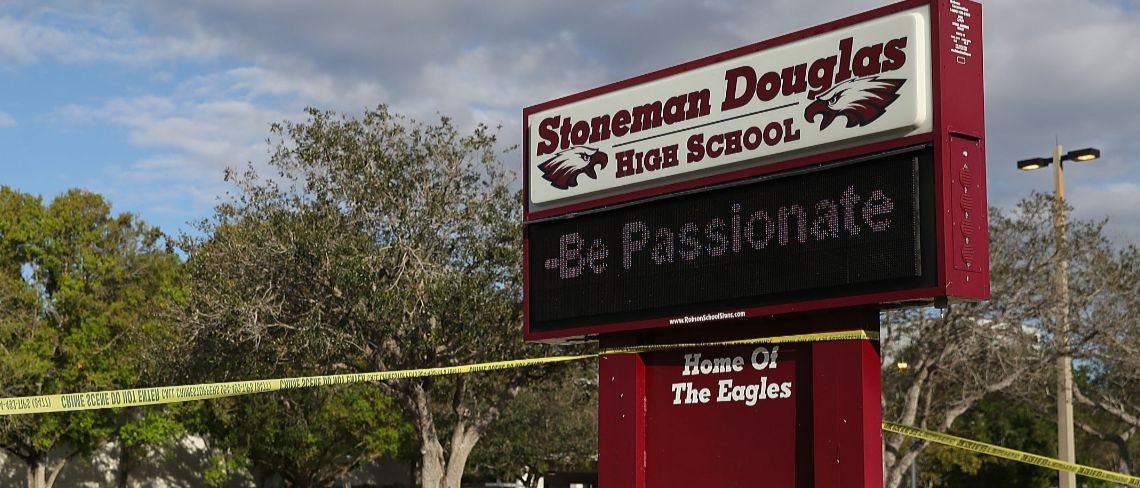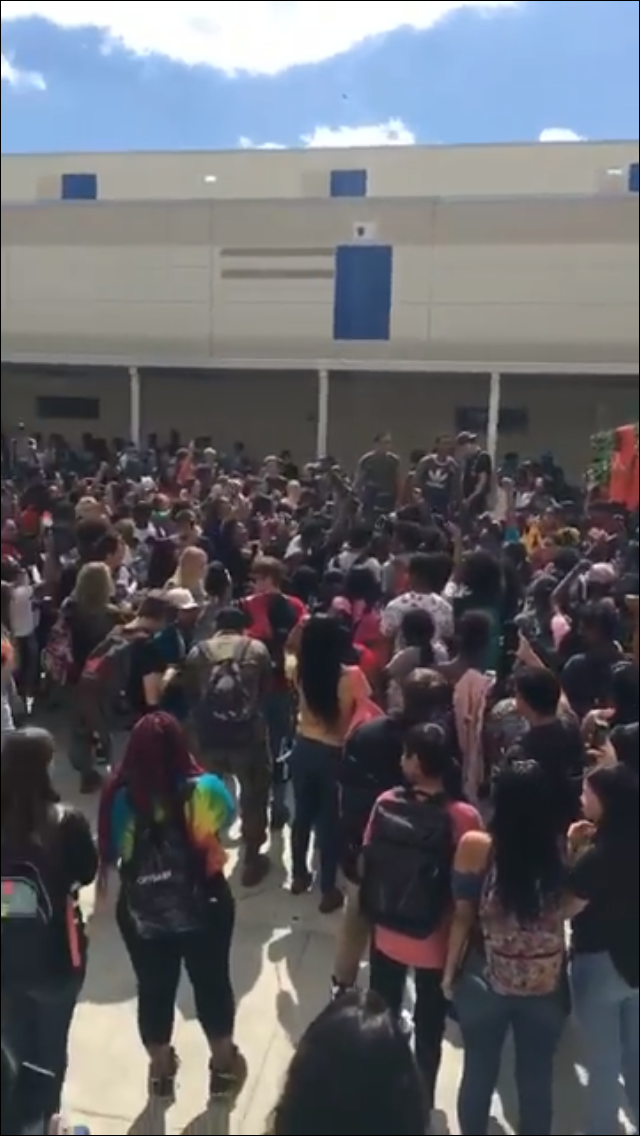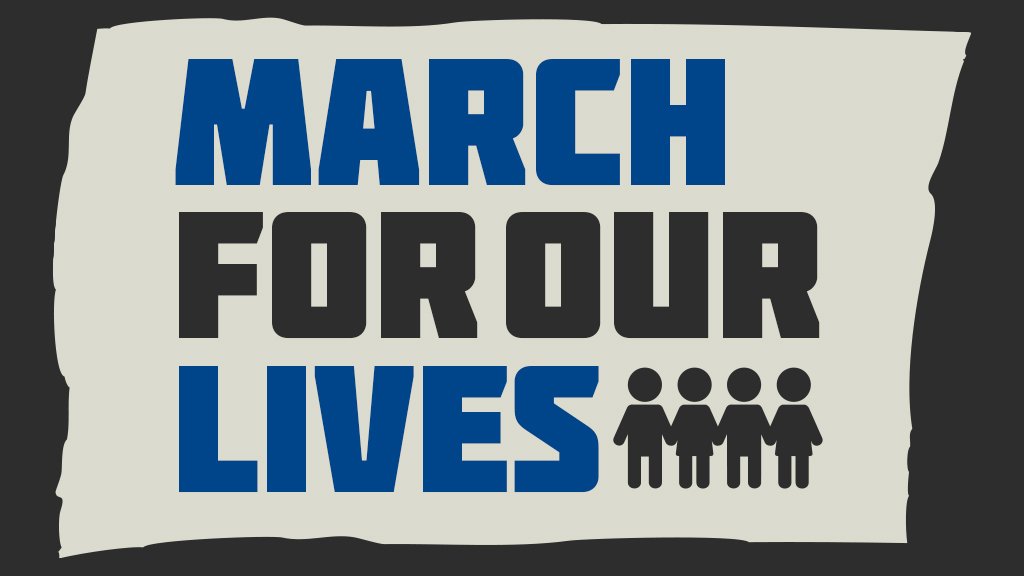By Jordan Jenkins
On February 14th, 2018, Marjory Stoneman Douglas High School in Parkland, Florida became just the latest victim of a phenomenon that is uniquely common within American society. A former student, 19-year-old Nikolas Cruz, entered the school armed with an AR-15 and opened fire, killing 17 students and faculty members, injuring 14, and fundamentally altering the lives of those who survived.
While shocking and saddening, the event cannot be considered an anomaly in the United States of America, or really even the state of Florida itself. Just four months prior, the record for the deadliest mass shooting was shattered when a gunman armed with the same weapon — although with modifications to ensure the greatest capacity to kill — fired on a music festival from the upper floors of a nearby hotel in Las Vegas, killing 58. The massacre that this beat out, of course, was the June 2016 massacre of 49 people at Pulse Nightclub, which hit especially close to home. The shooter was armed with an assault rifle as well.
The shooting in Parkland was clearly part of a larger trend of gun violence and mass shootings seen nowhere else but in the United States. Where it stands out, however, is in the degree to which the shooting at Parkland and those who lived through it has fundamentally shifted the national dialogue regarding these issues in a monumental fashion. Whereas old attempts at reform regarding the laws that govern gun ownership and access have faced many barriers, namely the political will of gun manufacturers and lobbying groups, the movement the Parkland kids inspired is pushing past the usual barriers that had prevented such change from progressing.
There was an immediate burst of student-led action in the aftermath of the shooting as students from Marjory Stoneman Douglas, such as Emma Gonzalez and David Hogg, began to vocally advocate for change. Students from Parkland and other schools gathered at the Florida State Capitol building in Tallahassee to advocate for legislative reforms ranging from increases in age requirements to total bans on the sale of semiautomatic rifles. Students throughout the nation engaged in walkouts and protests in tandem. There was one hosted at Apopka High School on February 21, which junior Nate Douglas attended.
Nate, who is a member of the AHS Debate Team and very politically active, felt that there were issues with the way in which the walkout was conducted that weakened its impact. “They invited people to speak randomly to a crowd of students who went in shouting ‘Black Lives Matter’ for some reason, and they basically spoke on bullying and crap, [with] absolutely nothing on gun control,” he said, elaborating that it lacked clear messaging and structure. “Personally, I think we should’ve had a much more effective discussion on gun violence and what we can do in order to encourage our leaders to do something about it.”
Nate, along with a joint committee of students and faculty, is currently heading up the next scheduled school walkout on March 14, one month after the shooting at Marjory Stoneman Douglas. This is being organized on a national scale by the youth arm of the Women’s March organization, who are encouraging students to say “#Enough” in regards to gun violence and mass shootings and demand political action going forward.
This seems to be just the beginning of a month full of actions, with it culminating in the “March For Our Lives” ten days later on March 24, where the kids from Marjory Stoneman Douglas will push for their cause in a way that has proven to be effective for those in political activism in the last two years. The flagship march will be in Washington D.C. and feature high school students from throughout the nation. Sister marches will be held concurrently in many cities, including one that is taking place at Lake Eola in Orlando.
This will likely be followed by a variety of other actions headed up by students from Parkland and around the nation to keep this issue in the forefront of our national discussion, such as the other planned student walkout for April 20th, the anniversary of the shooting at Columbine High School in 1999.
Regardless of one’s individual position on these issues, it is quite clear that a student-led brand of vocal activism and actions has formed in the wake of the Parkland tragedy, one that very well may come to impact our political arena and societal discussion for years to come.



